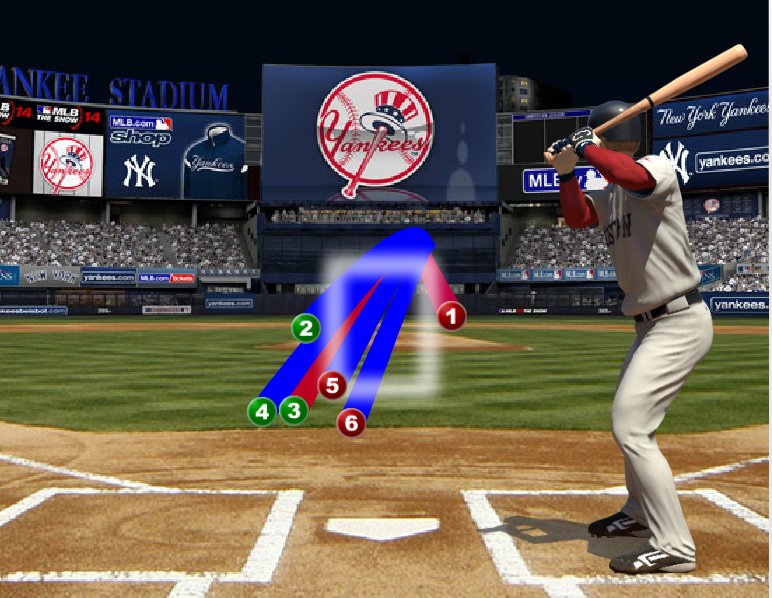Matthew 5:7 Blessed are the merciful for they will be shown mercy
The third beatitude spoken by Jesus at the Sermon on the Mount hits at a key double standard that plagues humanity. That is, people universally want mercy extended towards them but adopt stances that lack mercy towards others. Christ repeatedly linked the incoming with the outgoing, because it’s the foundation of community in a human condition where people have a strong likelihood to fall into destructive and hurtful behavior. So the statement has a flip side – no outgoing mercy, none coming in.
I take it as a given that we all need mercy.
I’m going to write about a hot button issue with the hope of being a cooler head and inspiring other heads to cool off as well. And become exercise more mercy, because they need mercy towards themselves.
As we experience the actions of individuals and groups, we will observe behavior that can offend and injure ourselves or our group. That behavior is widely various and so are its effects.
When the others’ behavior becomes a hot button due to flash points or political arousal, the practice of outgoing mercy evaporates and hearts are made hard.

The current turmoil of sentiment against illegal American aliens is a very good example. Offenses, real and imagined, have energized a movement and candidate to take decisive action. And the backlash of liberal ideology that embraces immigrants then became merciless towards their political foes who they didn’t bother to understand, let alone even consider exercising mercy.
I’m a moderate, which means I have very few political friends – or better put my political friends are actually civil enough to see both sides of the issues. So you know
- I do understand the problems caused by illegal aliens – lack of tax-paying while consuming services, taking jobs from American citizens, breaking the law by being here illegally, crime and more.
- I do understand compassion – that these people came to our country for a better life just like all immigrants before them, that they are “illegal” because of laws that have failed and that they have families just like mine.
I’m also an engineer and part of my make-up is trying to solve problems. So I want to advance some ideas, not necessarily new ones but in composite perhaps only lightly articulated. I would ask readers – who mostly fall into the camps described above – to avoid finding a problem with every solution. Mostly because we have no solutions now and the very will to find workable ones is primary to getting out of the current turmoil.
Here are the bones of a plan:
- Establish a path to citizenship for aliens currently in the country. Make it attractive and make it well-defined with steps anyone could walk. Start with a social security card to go with a path towards a green card.
- Provide a deadline by which people have to sign up for the plan and make it clear that if they fail to do so, they will be deported. I mean forcefully. Serve strong notice to all known employers of undocumented aliens.
- Once the deadline is reached, aggressively go after scoff-laws and have them either sign up or leave. Hit places of employment very hard. Yes, this is merciful because it advances responsibility.
- Reform the immigration laws. Establish reasonable quotas (higher than they are), asylum rules and vetting processes. Provide a method for safe haven for refugees while keeping out those who would harm the country.
- Make a 5-year review of immigration law mandatory. That is, times and people movement change. And so should the law.
.. or some set of points like that.
I realize this forgives the offenses of overstaying one’s visa, illegally crossing borders and potentially lying about it. I don’t do that lightly but as a pragmatic step whose only alternatives both lack the mercy and are too costly on many fronts to make them viable.
And I would definitely both share the riches of my country with others and insist that if they are here, they become part of “us”. Because we need each other.






